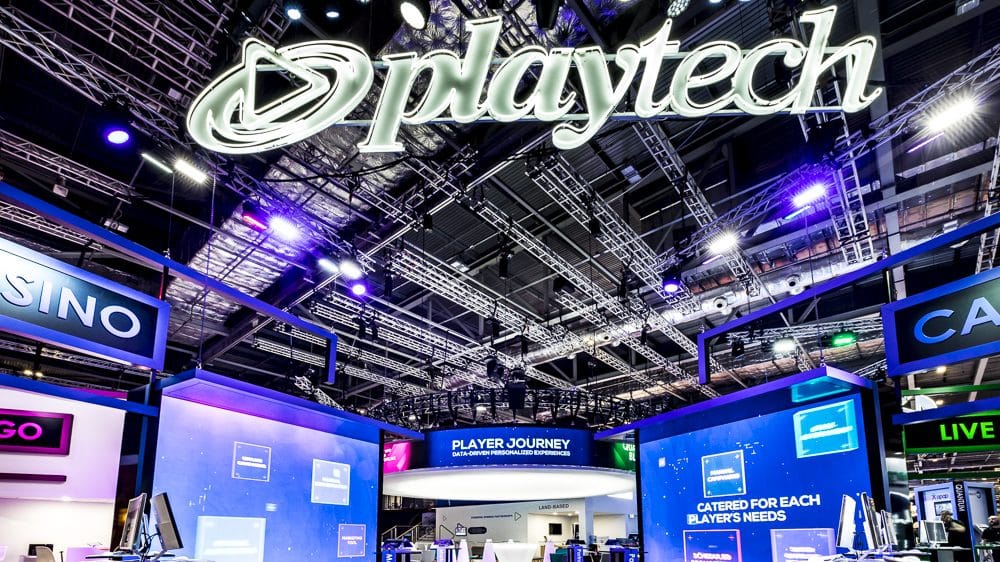Playtech is one of the oldest and well-known technology companies in the gambling and gaming industry. Founded in 1999, the company provides gaming software to online casinos, sports betting operators, and other gambling-related businesses. Playtech’s games can be found at many online casinos.
Recently, the company has been making headlines for all the wrong reasons. Namely, It is facing a backlash from some of its shareholders over a proposed bonus plan for its executives that has raised serious concerns. This controversy follows Playtech’s significant €2.3 billion sale of its Italian sports betting unit, Snaitech, to Flutter Entertainment.
The €100 Million Bonus Plan
At the heart of the shareholder discontent is a €100 million ($110 million) bonus plan set to reward Playtech’s senior executives, including CEO Mor Weizer. Announced shortly after the company completed the sale of Snaitech to Flutter Entertainment, the bonus scheme has sparked a heated debate among shareholders and investors.
Under the proposed plan, Weizer is expected to receive the largest share, although Playtech has not disclosed the exact amount. Additionally, the executives would be entitled to 10% of any future profits generated from the sale of other Playtech assets. This particular clause has become a focal point of criticism from shareholders who see it as overly generous and potentially unfair.
Shareholder Concerns
Many shareholders have voiced their concerns about the bonus plan, pointing out that it lacks clear performance targets. In typical bonus schemes, executives are usually required to meet specific goals or metrics to justify their rewards. However, in this case, the executives could receive significant payouts without necessarily improving the company’s performance or creating long-term value for shareholders.
One vocal critic is Jeremy Raper, an investor in Playtech, who described the bonus proposal as “the most egregious case of shareholder value expropriation in the history of UK public markets.” His frustration stems from the perception that Playtech’s executives are being rewarded simply because the company made a large amount of money from the sale of Snaitech, rather than for achieving concrete results.
Peter Smith of Palm Harbour Capital echoed these sentiments, arguing that “this payment appears to have come simply because there is a large cash inflow and for no other reason.” This suggests that some investors see the bonus plan as opportunistic and poorly timed, given the company’s recent financial windfall from the Snaitech sale.

Snaitech Management Bonus Pool
In addition to the €100 million bonus plan for Playtech’s top executives, a separate €34 million bonus pool is for Snaitech’s management team. This bonus is to reward those who played a key role in the success of Snaitech before its sale to Flutter Entertainment. Fabio Schiavolin, the CEO of Snaitech, is expected to receive the largest portion of this bonus.
Some investors may view this bonus as a reward for Snaitech’s strong performance. Others may see it as yet another example of excessive executive compensation at a time when shareholder interests should take priority.
Investor Reactions
The backlash from shareholders has been intense, with many arguing that the bonus scheme is unjustified and excessive. The lack of performance targets, in particular, has been a major point for investors. This is because they expect executive rewards to be measurable achievements that benefit the company.
Despite this criticism, Playtech has managed to secure support from shareholders who own 34.4% of the company’s stock. These investors have committed to voting in favour of the bonus plan, providing some level of reassurance to the company’s leadership. However, the final decision will come down to a shareholder vote. This will take place by the end of November 2024.
Playtech’s Defense
In response to the criticism, Playtech has defended the bonus plan. Arguing that it aligns management’s interests with those of shareholders. The company maintains that the rewards are to incentivize executives. To continue driving Playtech’s growth and success, particularly in light of the recent Snaitech sale.
According to Playtech, the bonus plan intends to retain key talent within the company. Ensuring that its leadership remains focused on maximizing value for shareholders. The company believes that this approach is necessary. Mainly to maintain its competitive edge in the rapidly evolving gaming and technology industries.
The Path Forward
As the November vote approaches, the controversy surrounding Playtech’s bonus plan is unlikely to fade. There is a divide among the shareholders. With some supporting the scheme and others expressing deep dissatisfaction. The outcome of the vote will dictate whether the Executives will receive the bonuses, but could also impact Playtech’s reputation and its relationship with investors in the future.
In the broader context, this dispute highlights a growing trend in corporate governance. Where shareholders are increasingly questioning executive compensation and demanding greater accountability. For Playtech, the stakes are high. The decision could set a precedent for how the company handles executive pay in the future.
Final Thoughts
Playtech’s proposed €100 million bonus plan has created tension between the company and its shareholders. While some investors support the initiative, others see it as an unjustified reward. Namely, one that fails to consider the company’s and its shareholders’ long-term interests. As the company moves closer to a final vote, the outcome will not only shape the future of executive compensation at Playtech. But could also influence how other companies approach similar issues in the gaming sectors.
What are your thoughts on this? Tell us in the comments below.





Login
Register